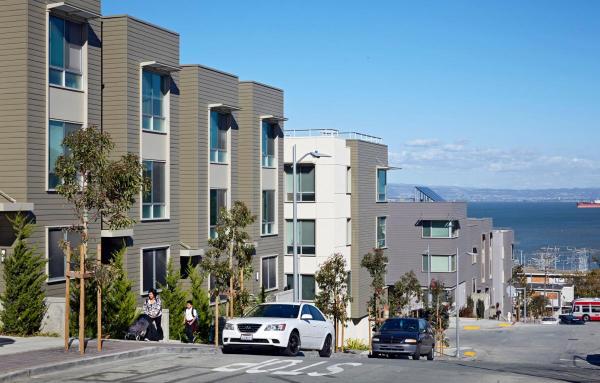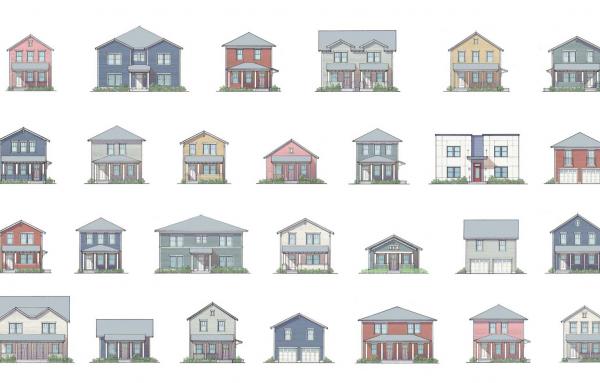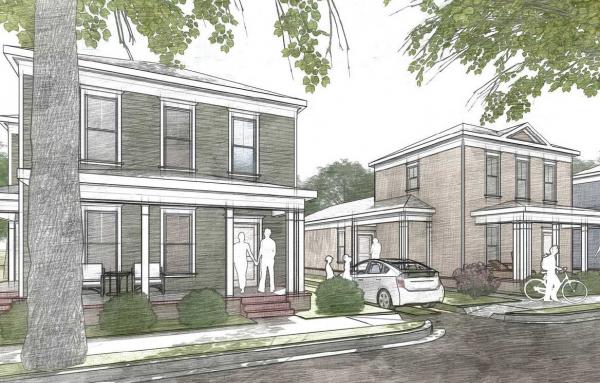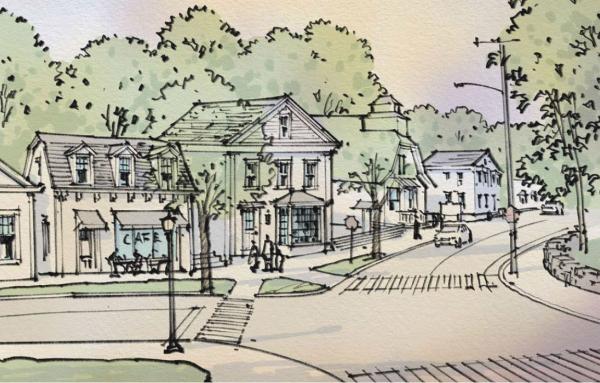Policy
“Housing Ohio: Tools for Development” includes something like a starter kit of pre-approved plans, with zoning reforms to make them work.
Beyond the battles between NIMBY and YIMBY, a third option— call it “QUIMBY”—offers a promising path forward.
A Delaware Senator, Lisa Blunt Rochester, offers wide-ranging solutions to the US housing problem.
Senators propose federal support for pro-urbanist ideas including local zoning reform, pre-approved plans, infill, and transit-oriented development.
State legislation takes a new approach to removing parking mandates—one that is far more comprehensive.
An Ohio guidebook for facilitating infill development offers clear instructions for zoning reform and pre-approved plans, in addition to specific infill building plans.
A flurry of Texas measures will streamline approvals and reduce costs for compact, mixed-use urbanism. Here’s how it is being done.
The Orange Code, the largest sprawl repair code ever, applies form-based regulations to unincorporated areas of the Orlando region and streamlines entitlement processes.
Hope Legacy Project offers a revitalization plan, focusing on pedestrian infrastructure for a Rhode Island village.
Growing Together in Kitchener, Ontario, Canada, employs robust public engagement to accommodate a half-century of growth around transit stations. The City of Kitchener won a 2025 CNU Charter Award in The Region: Metropolis, City and Town category.
In an interview, Brett Smiley discusses sustainable, equitable, urban housing policy, and other topics that will be covered at CNU33 in Providence, Rhode Island, June 11-14.
The Groveland Dark Sky Initiative manages and reduces light pollution citywide—even as the Central Florida community rapidly grows. City of Groveland won Honorable Mention in The Region: Metropolis, City and Town category of the 2025 CNU Charter...











